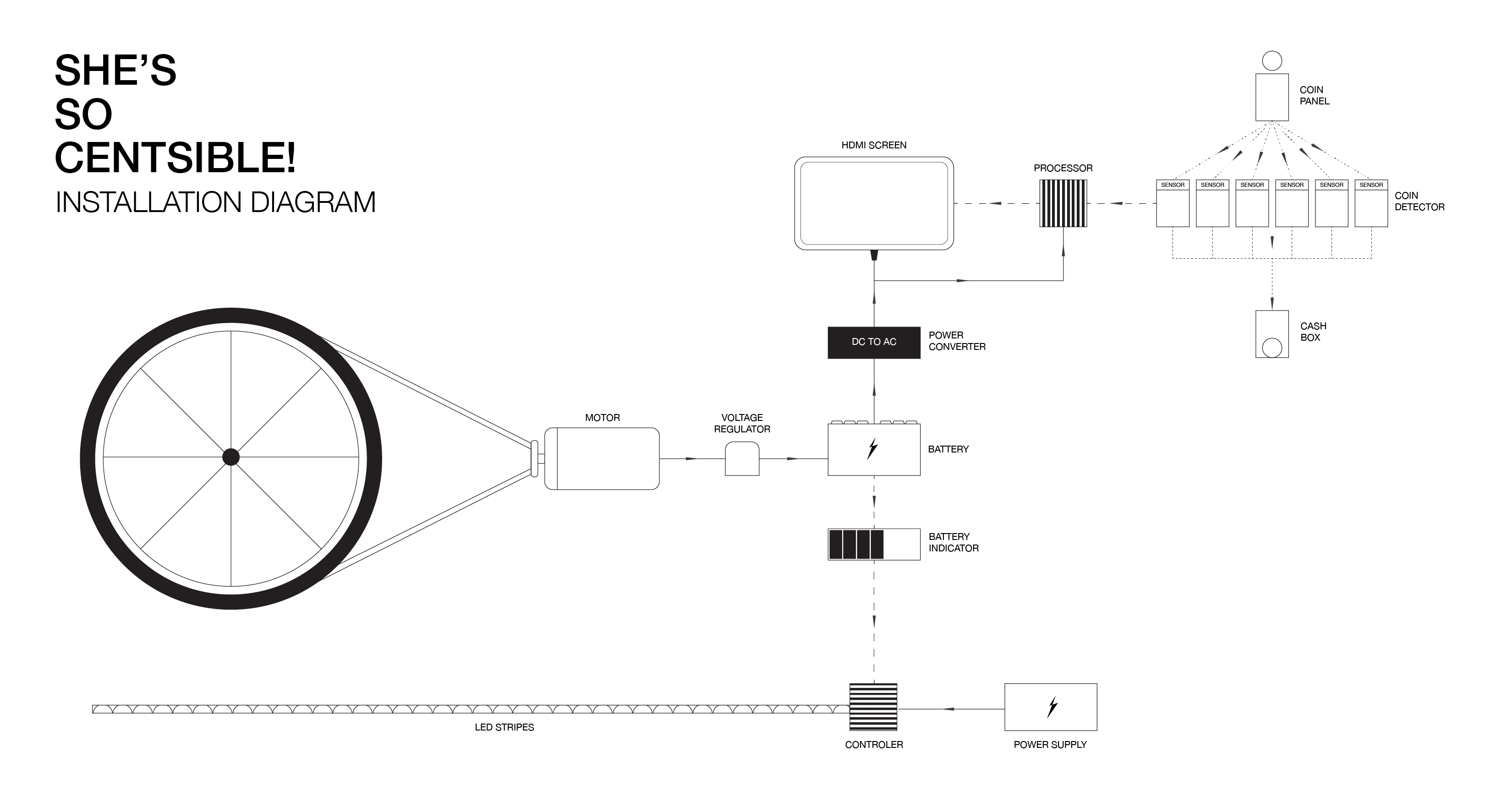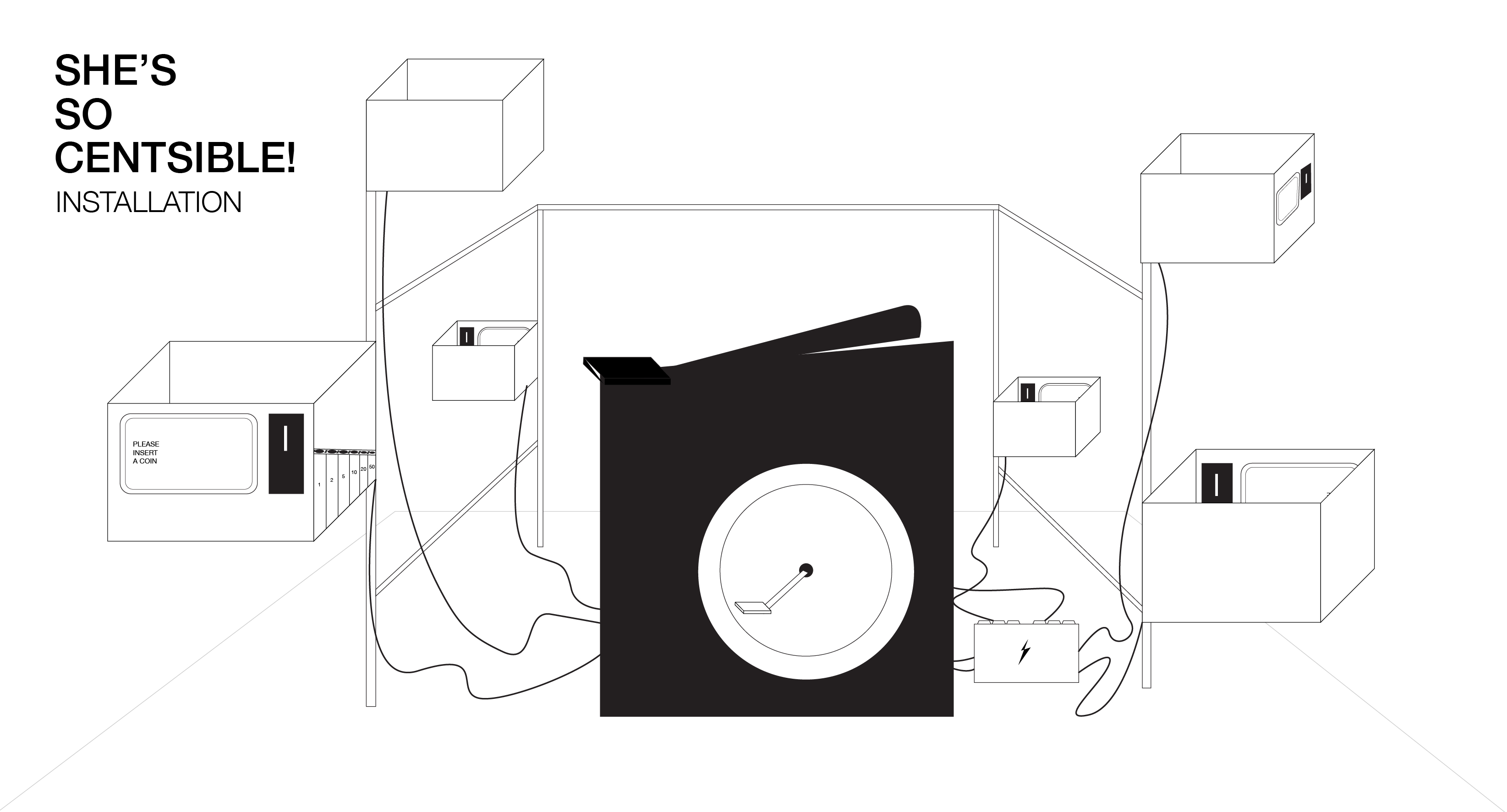SHE'S
SO
CENTSIBLE!
Abstract
This project examines the intricate links between women and household debts, focusing on developing countries where financial burdens shape living and working conditions. Debts narrow choices and silence labourers, creating an economy of obedience that makes it difficult to reject unfair working environments. Women, the primary caregivers and organisers of family and community, bear additional financial responsibilities that complicate their roles. This study highlights the multifaceted roles of women—wives, female heads of households, formal and informal workers, sex workers, migrants, students, and those affected by poverty—in Thailand. Despite their critical contributions, these women are marginalised and subjected to physical, financial, and social sexist violence as a result of the poor economy, underscoring the deep connection between debt, women, and systemic gender oppression.
Women naturally provide care, nurturing, protection, and support across physical, emotional, nutritional, and financial domains. They engage in production, reproduction, and maintenance duties, yet their contributions are often undervalued and unrecognised. Growing up in a patriarchal, capitalist society, women develop people-pleasing skills, prioritising others' needs while neglecting their own. Cultural factors, such as the devaluation of female children in Thailand and societal expectations to manage household tasks independently, worsen these struggles. Women’s bodies, viewed as sites of reproduction and essential to human society, are constantly conflicted and compromised when it comes to power over their autonomy.
How do these financial pressures uniquely impact women's ability to advocate for themselves?What are the long-term effects of this dual burden on women's physical and psychological well-being? How can this artistic approach create a deeper empathy and understanding of women's struggles among the audience?
To investigate these complex issues, this study employs an interdisciplinary approach, examining economic issues related to debts, women, and sexist violence through sociological, cultural, and psychological lenses. The research uses artistic expression to develop a performance art piece that narrates the findings, showcasing women's roles under economic pressure. This piece includes six short films within the performance and an interactive installation for audience engagement. By illuminating the financial and psychological burdens on women in developing countries, the performance explores how economic pressures perpetuate gender inequalities and violence. The aim is to highlight and raise concerns about ongoing issues, increase sympathy for women managing household burdens, and provide a platform for public discourse through performance art, fostering public awareness and understanding.


